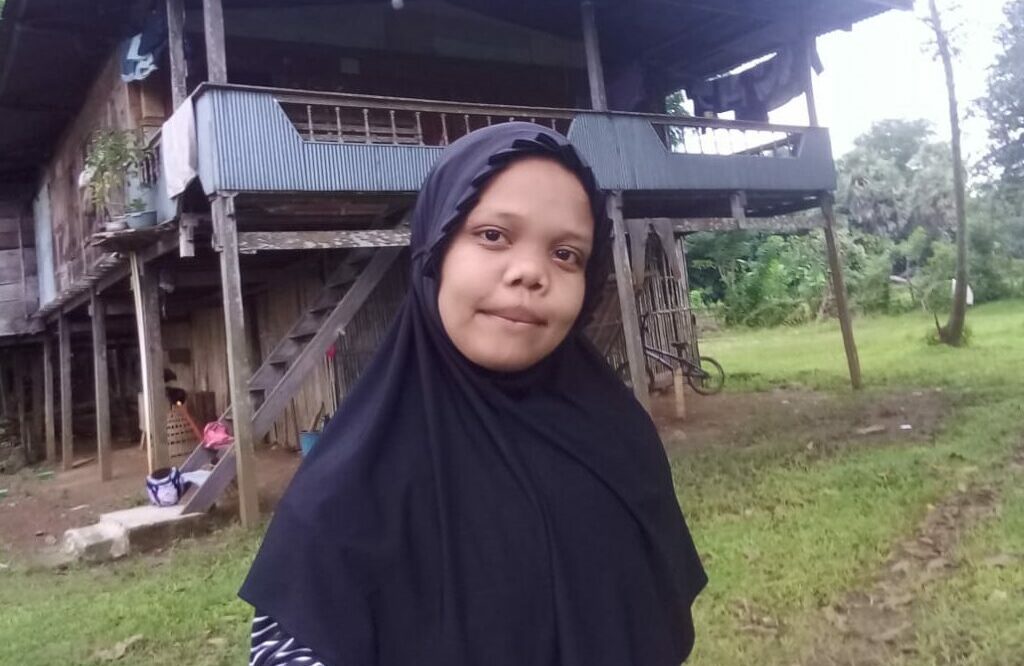
News
‘Treat Me Like Everyone Else’
Play audio version
Meet DJP Fellow Dija
June 13, 2022
As an Indigenous woman with a disability in her village, Dija, who has a single given name and no surname, spent the beginnings of her life indoors and away from activities that were happening around her. “I never went to school because of my physical limitations. … There were a lot of things that made me feel pressured,” she says, speaking through an interpreter. Wanting to avoid discrimination, she kept to herself as she struggled with her confidence and self-acceptance. “In my village, persons with disabilities are pitied,” she says. “I stayed home for too long of a time. … I didn’t really interact with other people. I didn’t realize that I could do things that other people can do.”
Her outlook on her life and her disability changed in 2018 when Self-Help Group Batubassi Pammase invited her to participate in a training conducted by the Association of Indonesian Women with Disabilities (HWDI) South Sulawesi. HWDI is a national organization with branches in over 30 provinces across Indonesia, including South Sulawesi on the peninsula of the Indonesian island of Sulawesi. “HWDI South Sulawesi has strengthened Indigenous people with [disabilities], especially women, to have confidence and knowledge about their rights as persons with disabilities and Indigenous people so that they are able to speak out about their rights as well as participate in the decision-making process,” says Maria Un, chairperson of HWDI South Sulawesi. Dija was one of those women.
After participating in the Self-Help Group Batubassi Pammase training, Dija found a new sense of confidence interacting with other persons with disabilities and learning about the laws in Indonesia that could protect her – and those that could not. “I started taking part in subsequent activities in my village as well as in the district. From there, I was confident,” she says. She started her schooling in Makassar, the capital of South Sulawesi, learning skills like sewing, baking cookies and cakes, and making drinks. Her experiences during that time would later influence the direction of her post-education journey: “From there I also got the experience that … if [persons with disabilities] have a strong will … I think that is very extraordinary.”
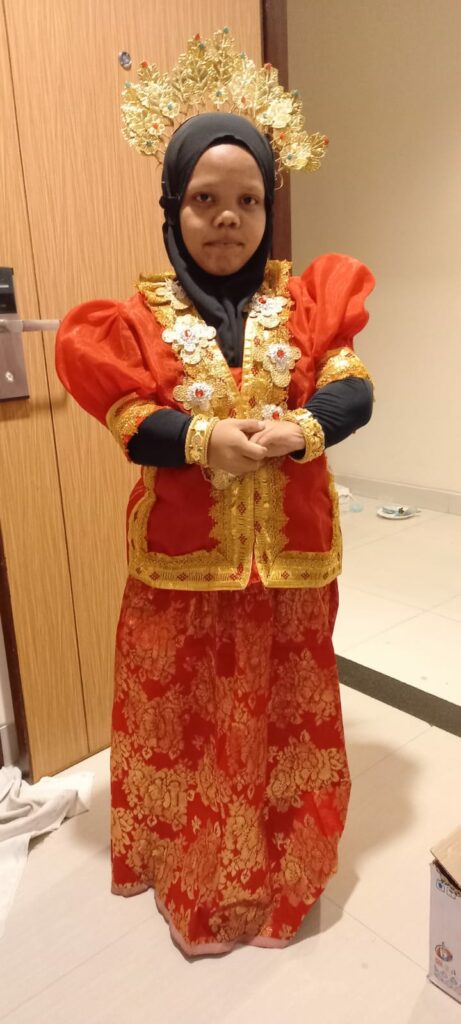
Since returning from Makassar, Dija has been on a mission of acceptance and opportunity for persons with disabilities. No longer afraid to step outside of her home, she drew from her own experiences and began her advocacy work in Maros Regency, a municipality in South Sulawesi. She planned activities in her village and worked closely with HWDI. In 2019, when HWDI established a branch in nearby Simbang, Dija took on the role of chairperson. Later, she became a board member of a sub-section of HWDI South Sulawesi called Section Indigenous Community. Dija and her older sister, Syamsiah, also created and managed a study group of young women with disabilities in their district, with the goal of teaching writing and reading. “This study group was formed to respond to the number of youth women with disabilities who have never been to school,” Un says. Dija actively participates in stakeholder meetings and local Musrenbangs, a process during which residents meet and discuss the issues facing their communities and decide on priorities. She has advocated for the inclusion of disability topics in village planning and budgeting. In her work with the Disability Justice Project, she’s aiming to write articles and create media about women and persons with disabilities to continue advocating and campaigning for the community.
For Dija, this was all part of her plan; she wanted to give back to her village and share the knowledge that she has learned. “I want to share my experience with other friends that we people with disabilities must come out confidently. You can take the example from me,” she says. “I [was] afraid to at first since I learned how to get out of the house alone.” She acknowledges that while it was a challenge, she is grateful for the outcome: “I can use my experience to advocate for disability rights, to give examples to talk to parents with children with [disabilities] and for parents to … allow their children with [disabilities] to live a full life … to allow their children to just enjoy the outside world.” Her one request while she continues her impactful work? “Treat me like everyone else. We are equal.”
Claire Joy Moss is the audience engagement editor at the Disability Justice Project.
News From the Global Frontlines of Disability Justice
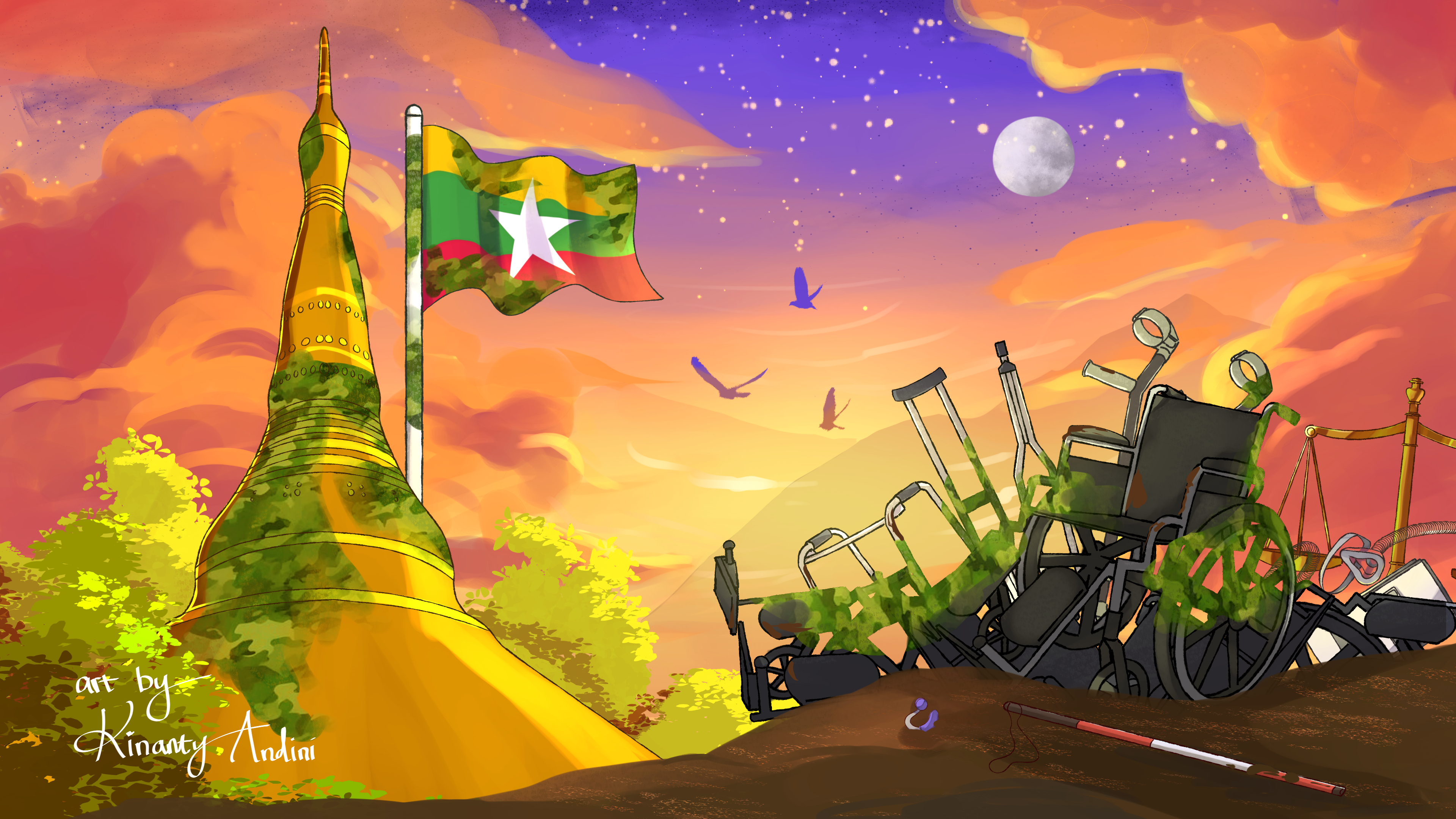
‘Everything Has Gone Back’
Before Myanmar’s 2021 military coup, disability advocates were helping shape national policy for the first time in decades. Laws expanded access to education, transportation, and public life. Today, much of that progress has collapsed. A new UN report describes a “hidden crisis,” documenting targeted violence, deadly attacks, and the exclusion of people with disabilities from warnings, aid, and services. As conflict creates new disabilities and organizations are forced underground, advocates work quietly to preserve rights that once seemed within reach.
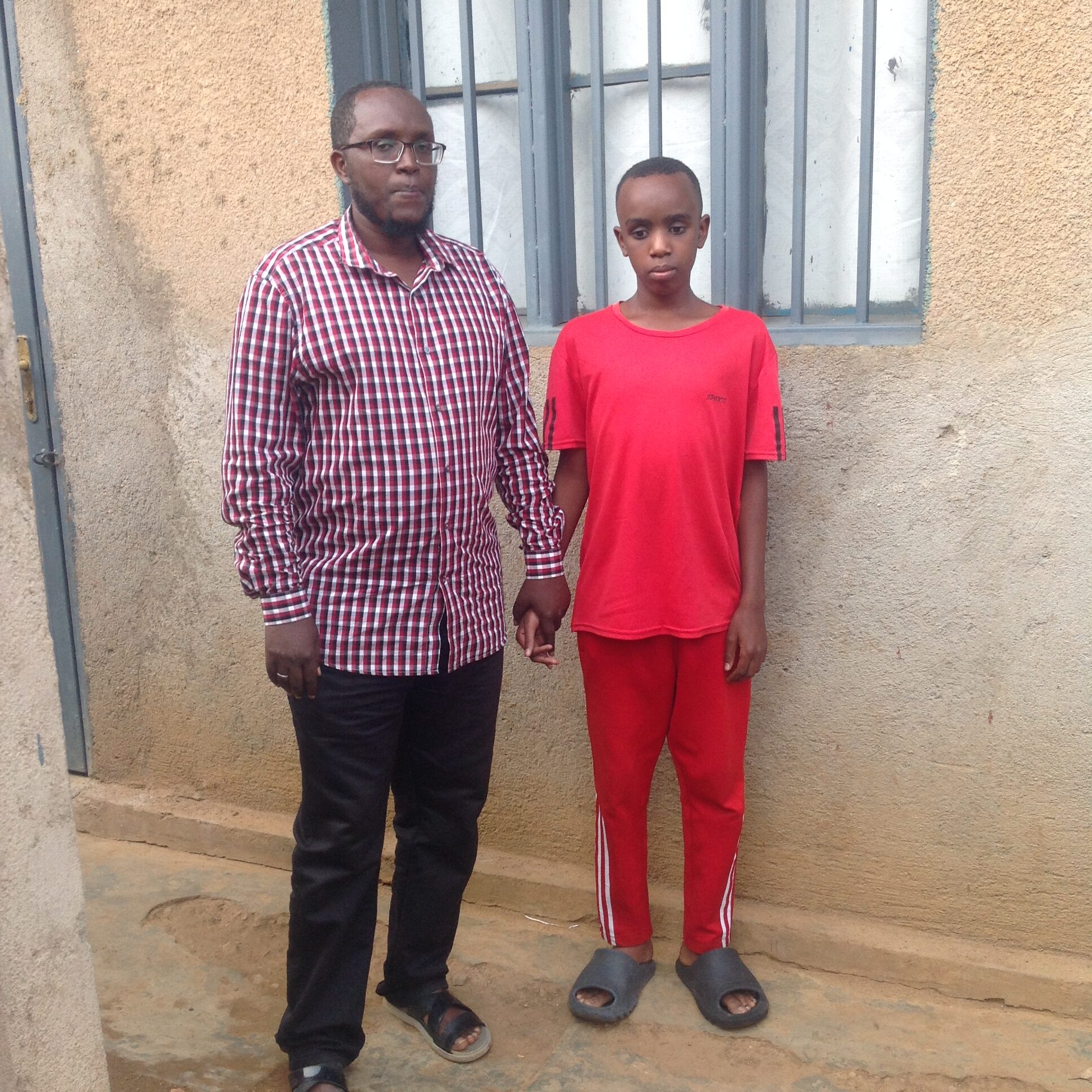
‘I Just Want to Walk Alone’
Fourteen-year-old Saifi Qudra relies on others to move safely through his day. Like many blind children in Rwanda, he has never had a white cane. His father, Mussah Habineza, escorts him everywhere. “He wants to walk like other children,” Habineza says, “He wants to be free.” Across Rwanda, the absence of white canes limits children’s mobility, confidence, and opportunity. For families, it also shapes daily routines, futures, and the boundaries of independence.
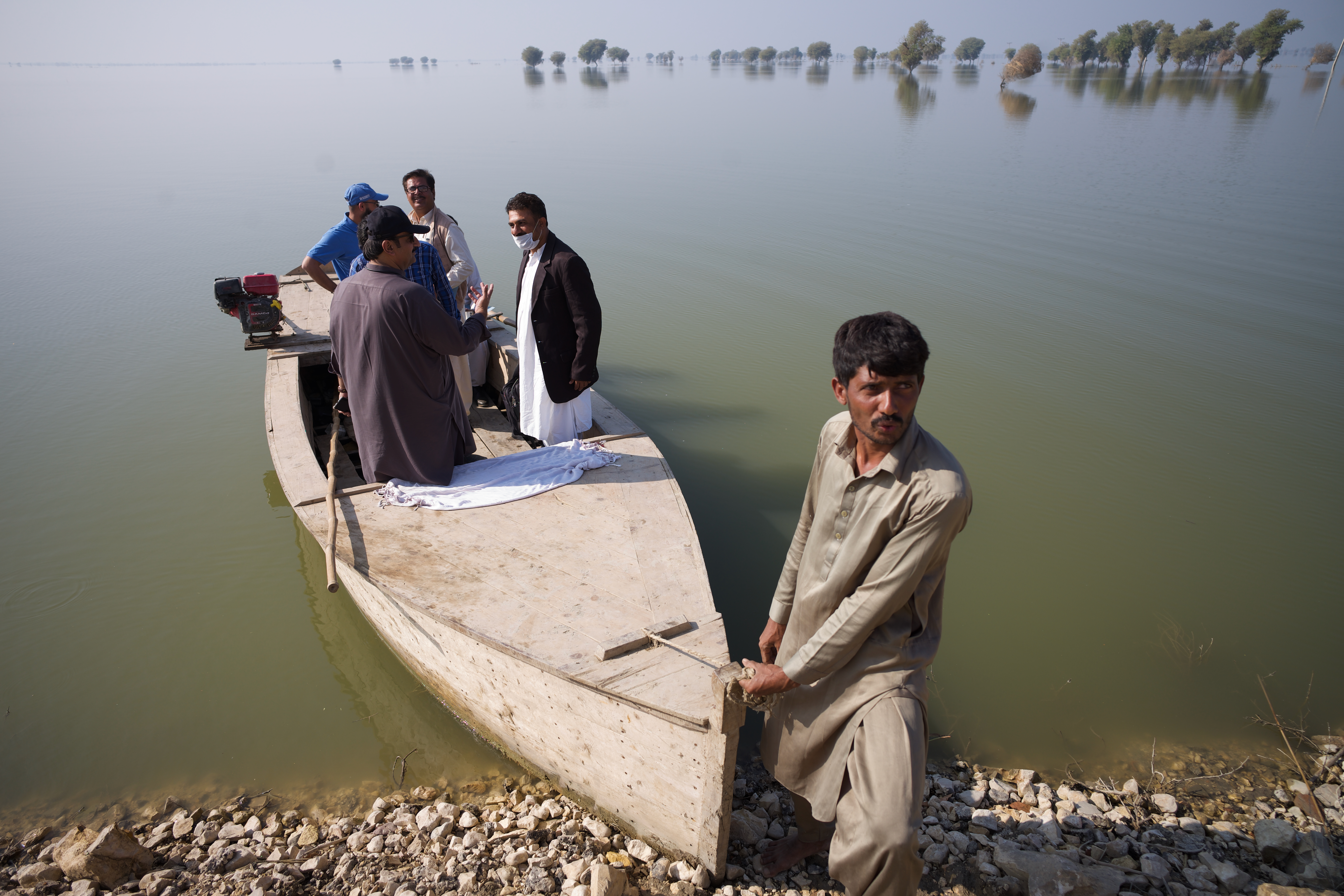
‘Evacuation Routes Are Meant for People Who Can Run’
As climate change and conflict intensify across Pakistan, emergency systems continue to exclude people with disabilities. Warning messages, evacuation routes, and shelters are often inaccessible, leaving many without critical information when floods or violence erupt. “Evacuation routes are built for people who can run,” Deaf author and policy advocate Kashaf Alvi says, “and information is broadcast in ways that a significant population cannot access.”
Read more about ‘Evacuation Routes Are Meant for People Who Can Run’
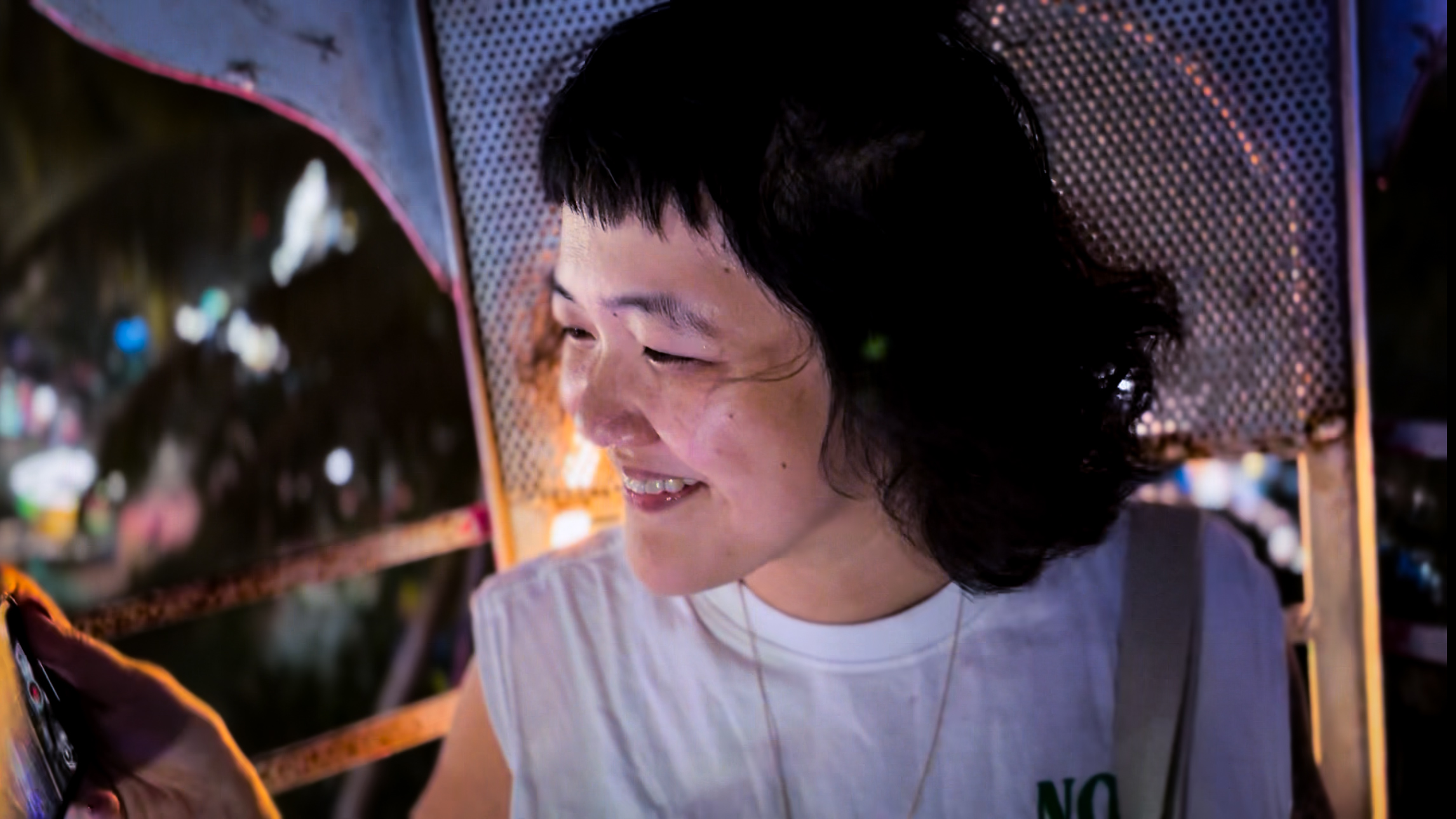
Autism, Reframed
Late in life, Malaysian filmmaker Beatrice Leong learned she was autistic and began reckoning with decades of misdiagnosis, harm, and erasure. What started as interviews with other late-diagnosed women became a decision to tell her own story, on her own terms. In The Myth of Monsters, Leong reframes autism through lived experience, using filmmaking as an act of self-definition and political refusal.
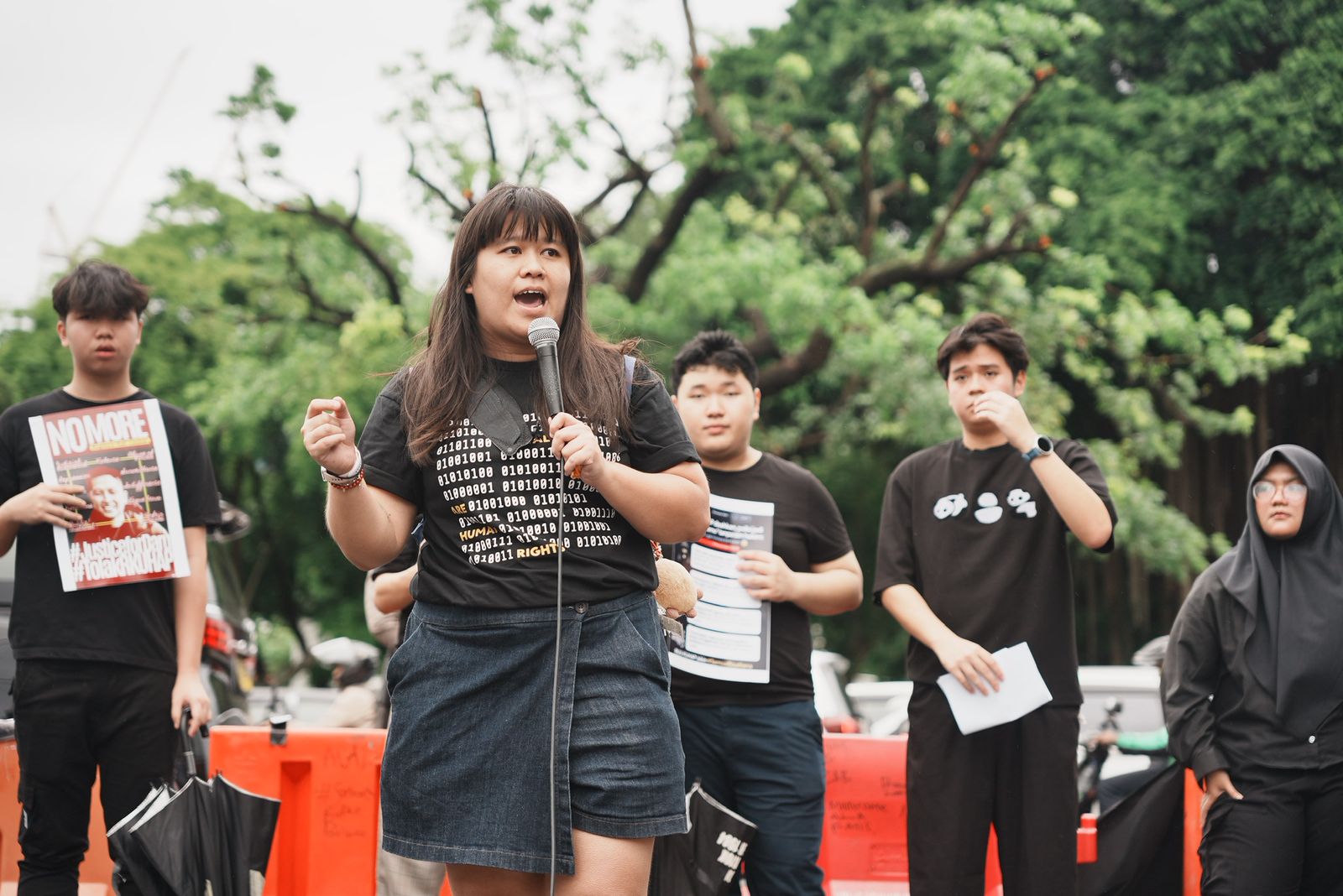
Disability and Due Process
As Indonesia overhauls its criminal code, disability rights advocates say long-standing barriers are being reinforced rather than removed. Nena Hutahaean, a lawyer and activist, warns the new code treats disability through a charitable lens rather than as a matter of rights. “Persons with disabilities aren’t supported to be independent and empowered,” she says. “… They’re considered incapable.”

Disability in a Time of War
Ukraine’s long-standing system of institutionalizing children with disabilities has only worsened under the pressures of war. While some facilities received funding to rebuild, children with the highest support needs were left in overcrowded, understaffed institutions where neglect deepened as the conflict escalated. “The war brought incredibly immediate, visceral dangers for this population,” says DRI’s Eric Rosenthal. “Once the war hit, they were immediately left behind.”